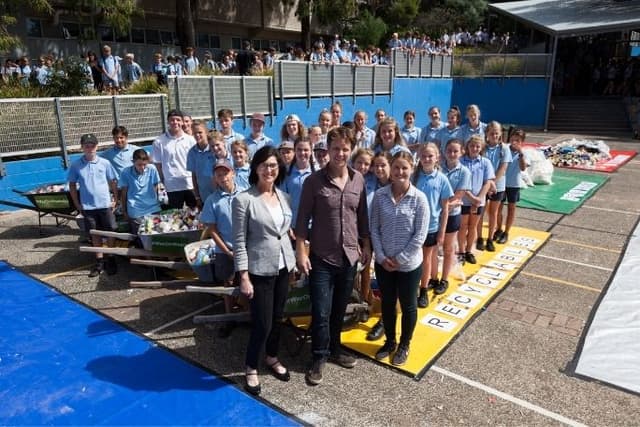
War On Waste - Start A Waste Warrior Team
Lesson13 of 13 in this unit
PrimaryYear 3 - 6Humanities and Social SciencesGeographyEnvironmentalSustainabilityEconomicDesign Thinking
Summary
Lesson Guides and Printables
Lesson Plan

Teacher Content Info


Lesson Plan

Teacher Content Info
